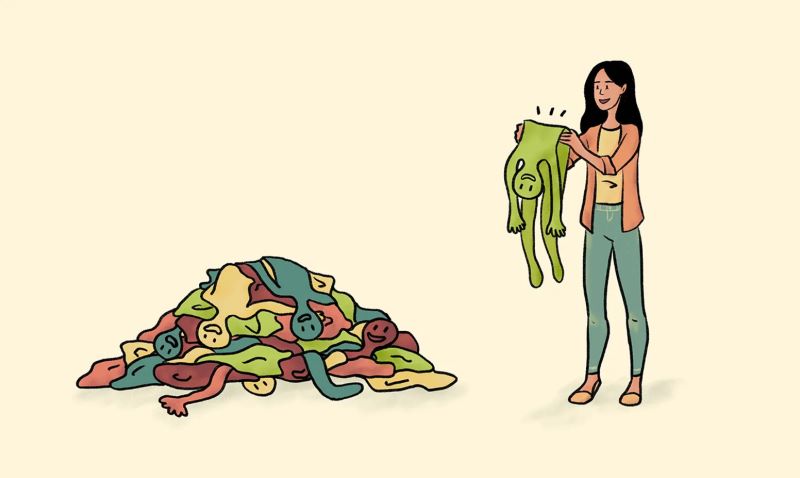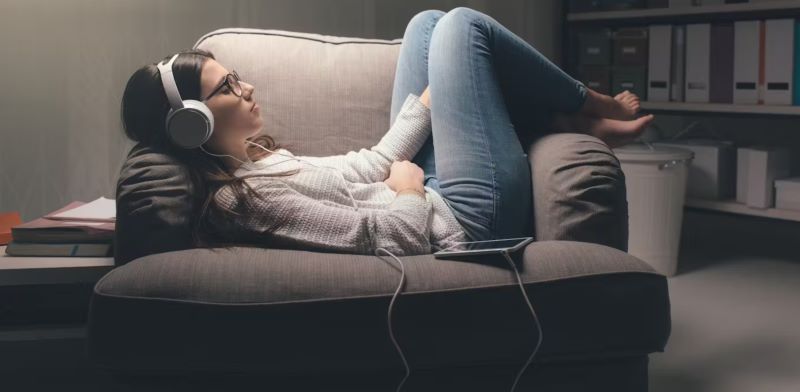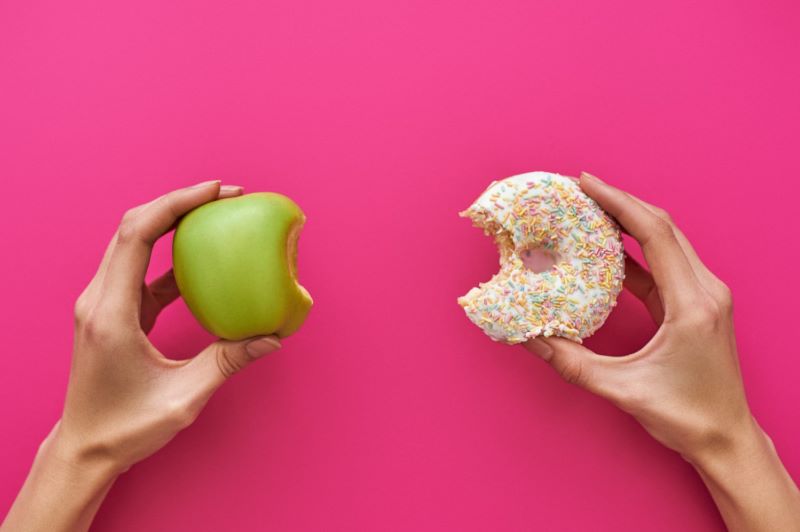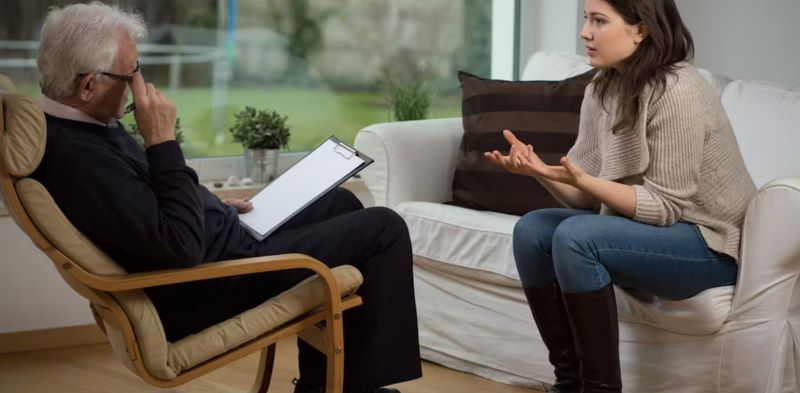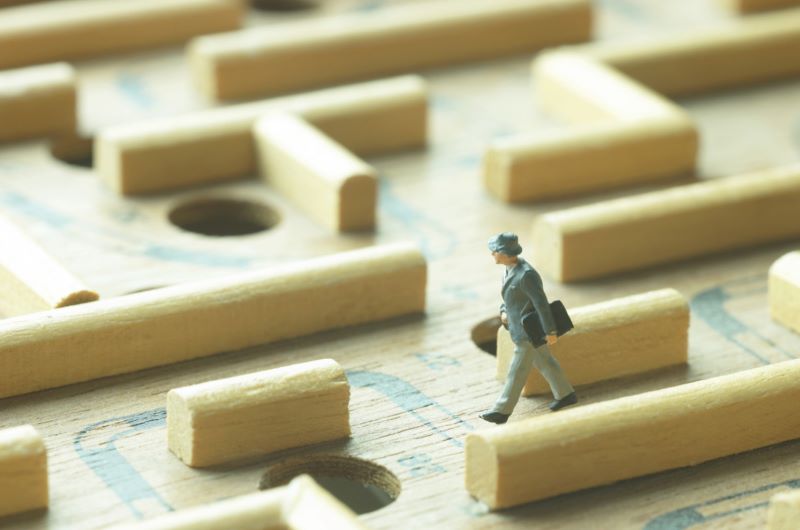
How getting rid of two-thirds of my belongings created more space for joy.

By Erin Sagen
Freelance Journalist
Do your socks spark joy? How about your college textbooks? How many spare rolls of toilet paper truly make you happy?
These are the kinds of questions that have been chirping at me for months, ever since I first heard about the bestseller The Life-Changing Magic of Tidying Up by Japanese organization expert Marie Kondo (or KonMari, as her clients call her). Kondo is a sort of spiritual medium who hates clutter but loves communing with your pilled leggings and rusted frying pans. To people who have followed her program on tidying—in which they evaluate, sort, and discard or store every object they own—she’s enlightened; to people who have just eaten lunch next to a wide-eyed colleague who is recalling a weekend of obsessive sock folding, she’s disturbed. But either impression hints at genius, and the results, I found, are empirical. It begins with the question, “Does this spark joy?”
It’s a simple question that evokes a series of reflections on your mindfulness, sanity, and health. You start by herding one category at a time onto the floor: first your clothes, next your books, then paperwork, “kimono” (miscellaneous), and, finally, mementos. You lift one object from the pile and hold it in your hands—Does it spark joy, you ask? Incredibly, the answer will most likely be no. (It was for two-thirds of my queries.) Having become somewhat of a tidying anthropologist in the last several months, I’ve learned this response is the dominant one. Co-workers, friends, and relatives have admitted, often with lowered voices and arched expressions, as if the contents of their wardrobes were eavesdropping in the doorway, that their clothes failed to spark anything other than disappointment. In fact, their clothes often made them feel frumpy, old, boring, uncomfortable, or just plain uninspired.
Finishing the clothes category left me dizzy with emotion. I felt confused, wrecked, inspired, doubtful, and energized. As I contemplated the categories that remained, something dawned on me: I had been caught in an idealistic stupor, thinking this process would evoke only feelings of catharsis, that it wouldn’t require diligence and some unpleasant self-discoveries.
But the KonMari method has inspired a massive, global movement not because it encourages perfection, but because it encourages the embracing of our imperfections. Let go of that old yearbook, you can hear Kondo shout, those times have passed. That scarf your great-aunt knitted you but is too ugly and itchy to wear? Get rid of it! Guilt is not happiness! Our rational minds can persuade us to hold on to everything, to grip it close, but our hearts are more courageous. Mine told me that I could donate that pair of joyless yet costly new boots, and I’d be fine; that many of my childhood books were, in fact, pretty damned creepy and weird and not endearing enough to pass on to my children; that the violent underground art lining my bedroom walls is no longer edgy but just intolerable, and that’s OK. Turns out I prefer less anxiety in the a.m.
And less everything in general. With each item I pulled off the floor, over the course of several months, I asked myself a profound question: Should I let this go? It was a question bigger than a sweatshirt or toothbrush, and it elicited more primal fear than I had anticipated. My heart raced like a small, helpless animal as I wondered, am I enough without this thing? And if so, will I be safe without it? As I dropped more into the give-away bag, though, my chest swelled with gratitude, and the answer became clear: Yes, of course.
Surrendering two-thirds of my stuff to various charities—Kondo says that gifting friends and family with our unwanted crap is unfair and actually prevents us from moving on—did more than help tidy my home. My goal was to carve out some personal sanctuary and free up our space from clutter. I’m still working on achieving those goals, but in some ways I’m already there. By reflecting on all the objects I had spent years stowing away, both in my psyche and physical space, I rediscovered something I had long forgotten: the trust that I am already whole. If one day all my clothes, books, and mementos disappeared, I would still be standing, waiting for the next moment to reveal itself.
Originally published by Yes! Magazine, 12.28.2015, under a Creative Commons Attribution-NonCommercial-NoDerivatives 4.0 International license.

